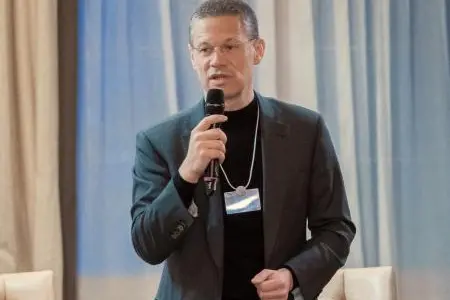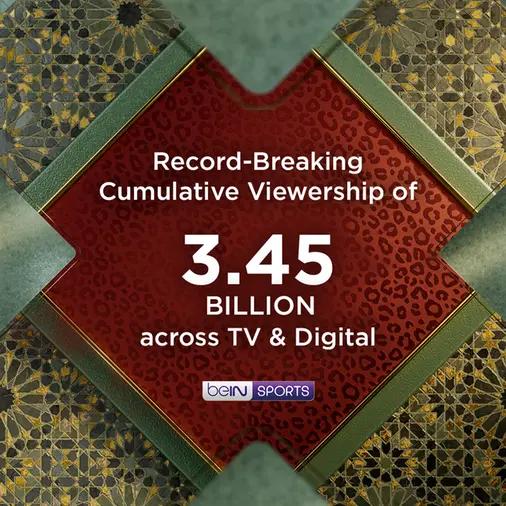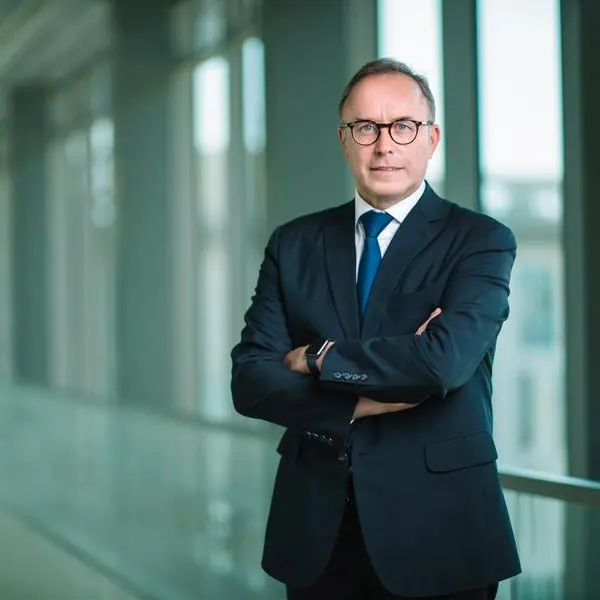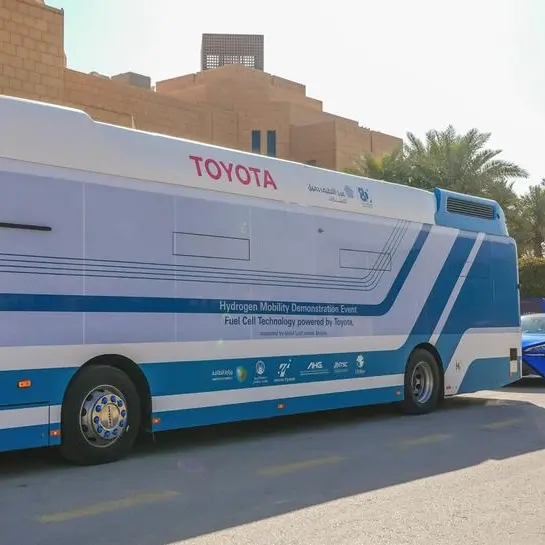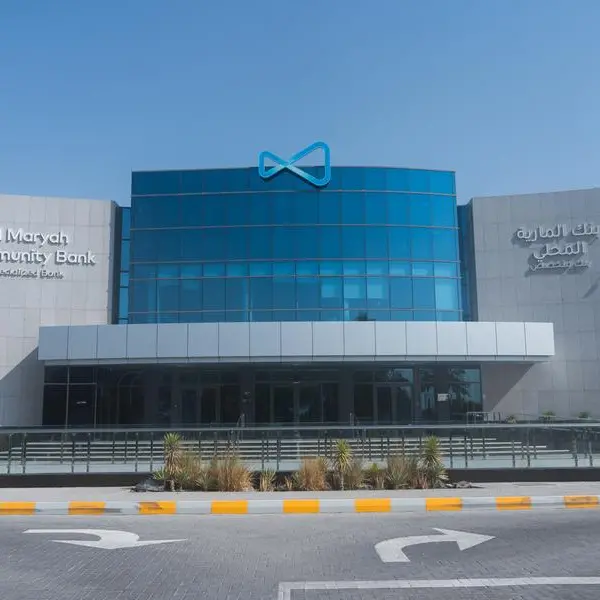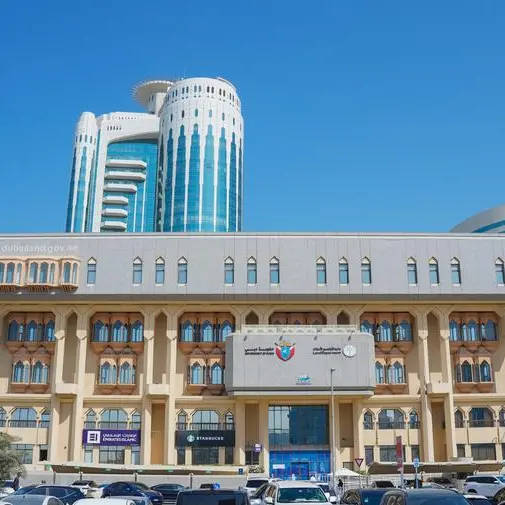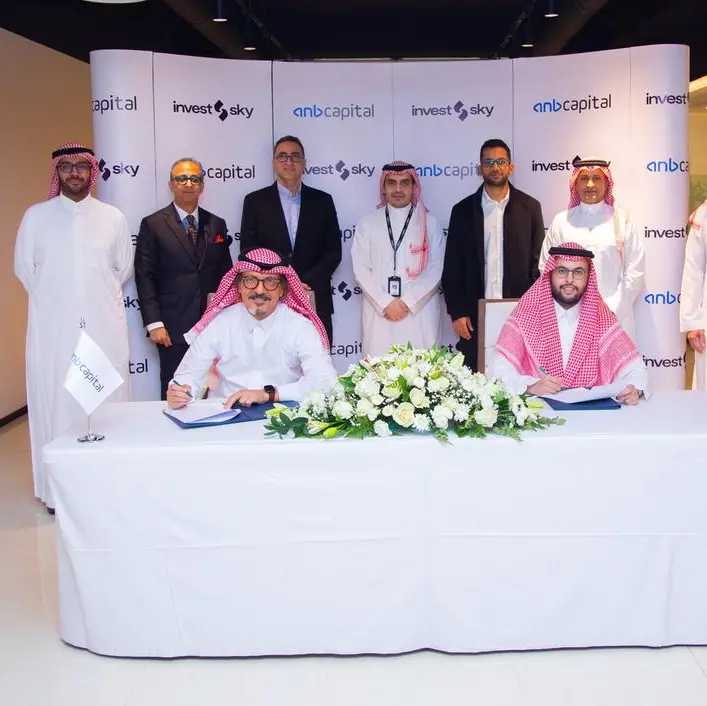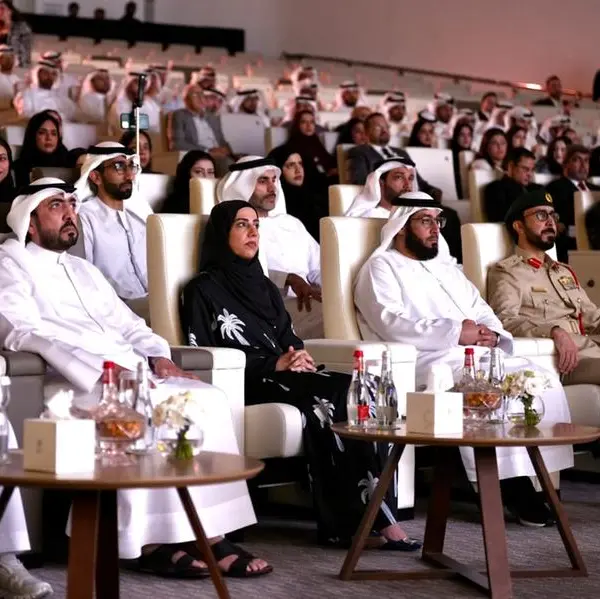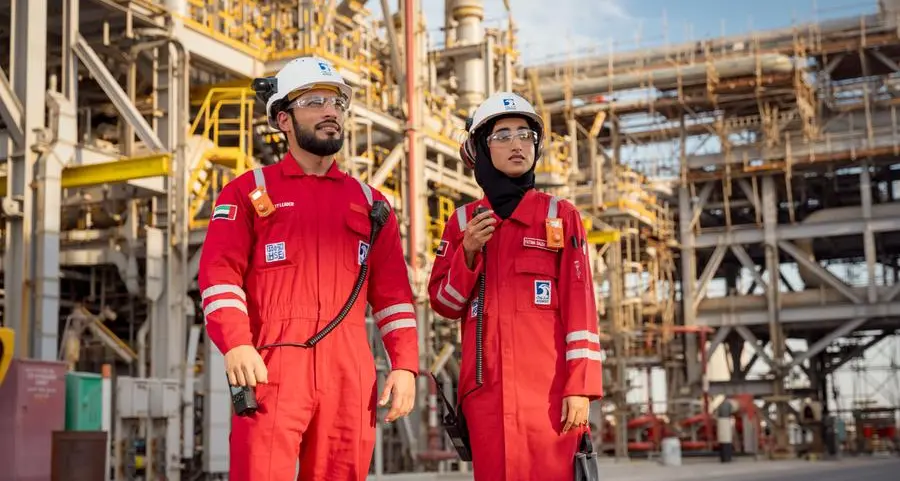PHOTO
- $4 trillion intergenerational wealth transfer expected in next decade, generating unprecedented opportunity for more strategic philanthropy and supporting the Sustainable Development Goals
- $2.5 trillion annual funding gap in order to meet the Sustainable Development Goals
Davos, Switzerland: Philanthropic capital and how best to deploy it for maximum social impact, was the focus of today’s (Wednesday) Davos 2020 high-level meeting entitled, ‘Stakeholders for a Cohesive and Sustainable World: The Role of Philanthropy in Emerging Economies’, at the World Economic Forum in Davos, Switzerland.
Discussion leaders comprised of Sheikha Bodour bint Sultan bin Muhammad Al Qasimi, Founder and Chairperson of Kalimat Foundation for Children's Empowerment; H.E. Dr. Thani bin Ahmed Al Zeyoudi, UAE Minister of Climate Change and Environment; and H.E. Dr. Rania Al-Mashat, Egyptian Minister of International Cooperation.
Co-hosted by Badr Jafar, CEO of Crescent Enterprise, and Professor Stephen Toope, Vice Chancellor of the University of Cambridge, the event also included the participation of David Miliband, President and CEO, International Rescue Committee; Peter Maurer, President of the International Committee of the Red Cross; Sara Pantuliano, CEO, Overseas Development Institute; and, Olivia Leland, Founder and CEO, Co-Impact.
Badr Jafar opened the discussion by acknowledging the huge opportunity that is the future growth of philanthropic capital from rapidly developing economies, including the Middle East. “This growth is expected in part due to the $4 trillion intergenerational wealth transfer predicted in the coming 10 years, with Islamic philanthropy alone estimated to generate anywhere between $400 billion to $1 trillion every single year,” he noted. Jafar went on to point out the opportunity to create “positive, scalable and sustainable social impact and contribute to delivering the UN Sustainable Development Goals,”.
“Where philanthropic capital fills a market gap, and is focused, measurable and scalable, it can create real system change,” Badr Jafar said, noting that “the sector generally still lacks methodologies to track and measure impact and wastes resources through duplication. This is partly due to fragmentation, and the lack of established systems for collaboration and partnership.”
Jafar added that better institutional learning and data sharing would make it easier to avoid the mistakes of the past, encourage co-investment and embrace new innovative ways of deploying philanthropic capital in order to maximise impact.
Professor Stephen Toope, Vice Chancellor of the University of Cambridge and co-host of the event, noted that despite the growth in appetite for measuring impact, philanthropists themselves still feel that not enough data underpins their work. “Too much philanthropy is still not based on research,” he said, adding that there is a “real need to get better alignment between the research output of academic institutions and the needs of philanthropists in order to improve impact.”
Professor Toope also noted that too often philanthropists are not aware of existing research that could support their work or don’t know how to access it and thus aren’t able to take an evidence-based approach. He said that both academics and practitioners would do well to work more closely together to build a data cohort that can help inform methodologies, improve efficiency and effectiveness and encourage greater collaboration in this extremely heterogeneous sector.
Discussion leaders and participants collectively acknowledged the need to promote the development of the philanthropic sector in these markets through better and more accessible data, engaging with next generation philanthropists, and the promotion of greater collaboration in the sector.
Representatives of the development community acknowledged the potential for the growth in philanthropic capital to help offset the $2.5 trillion annual funding gap to meet the Sustainable Development Goals. They also called for more consistent dialogue with their philanthropic counterparts. Participants also discussed the need for the sector to become more transparent and better at sharing lessons learned.
The session concluded that there was a huge opportunity to improve the impact of philanthropy within and from the emerging markets through more focused and evidence-based research, that co-investment was critical for meeting the Sustainable Development Goals over the next 10 years.
-Ends-
© Press Release 2020Disclaimer: The contents of this press release was provided from an external third party provider. This website is not responsible for, and does not control, such external content. This content is provided on an “as is” and “as available” basis and has not been edited in any way. Neither this website nor our affiliates guarantee the accuracy of or endorse the views or opinions expressed in this press release.
The press release is provided for informational purposes only. The content does not provide tax, legal or investment advice or opinion regarding the suitability, value or profitability of any particular security, portfolio or investment strategy. Neither this website nor our affiliates shall be liable for any errors or inaccuracies in the content, or for any actions taken by you in reliance thereon. You expressly agree that your use of the information within this article is at your sole risk.
To the fullest extent permitted by applicable law, this website, its parent company, its subsidiaries, its affiliates and the respective shareholders, directors, officers, employees, agents, advertisers, content providers and licensors will not be liable (jointly or severally) to you for any direct, indirect, consequential, special, incidental, punitive or exemplary damages, including without limitation, lost profits, lost savings and lost revenues, whether in negligence, tort, contract or any other theory of liability, even if the parties have been advised of the possibility or could have foreseen any such damages.
